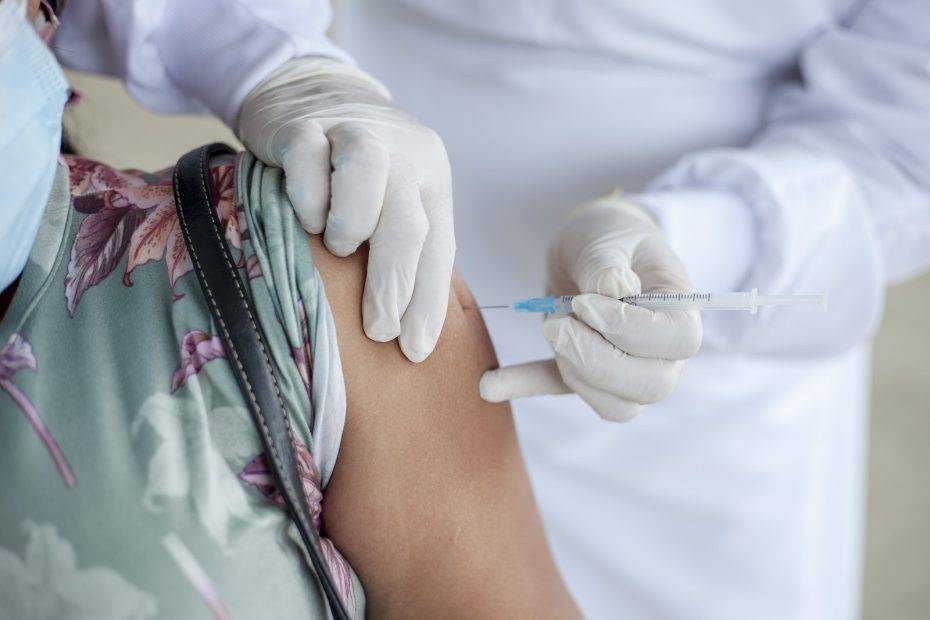Introduction:
Vaccinations are a crucial aspect of modern medicine, playing a significant role in preventing the spread of infectious diseases and safeguarding public health. While vaccines are generally safe and well-tolerated, there is a rare possibility of experiencing allergic reactions after receiving a vaccine. Understanding the relationship between allergies and vaccinations is essential for individuals and healthcare professionals alike. In this blog post, we will explore the topic of allergies and vaccinations, shedding light on potential allergic reactions and providing insights into their management.
Allergies and Allergic Reactions:
Allergies are hypersensitive responses of the immune system to substances that are usually harmless. Common allergens include pollen, dust mites, certain foods, medications, and insect venom. Allergic reactions can range from mild symptoms, such as sneezing and itching, to severe reactions known as anaphylaxis, which can be life-threatening.
Vaccines and Allergic Reactions:
Vaccines work by stimulating the immune system to recognize and fight against specific pathogens. They contain either inactivated or weakened forms of the targeted pathogens or components that resemble them. Although vaccines are designed to be safe, the presence of certain components, such as proteins, gelatin, eggs, or preservatives, can trigger allergic reactions in susceptible individuals.
Types of Allergic Reactions to Vaccines:
Localized Reactions:
Localized reactions are the most common type of allergic reaction to vaccines. These reactions occur at the injection site and are characterized by redness, swelling, and tenderness. They are generally mild and subside within a few days.
Immediate Hypersensitivity Reactions:
Immediate hypersensitivity reactions, also known as immediate-type allergic reactions, occur within minutes to hours after receiving a vaccine. Symptoms may include hives, itching, swelling, wheezing, and, in severe cases, anaphylaxis. These reactions are rare but can be serious.
Delayed-Type Reactions:
Delayed-type allergic reactions occur later, usually within a few hours to days after vaccination. Symptoms include swelling, redness, or a rash at the injection site. These reactions are generally mild and self-limiting.
Managing Allergic Reactions:
If you or someone you know experiences an allergic reaction after vaccination, it is important to seek immediate medical attention. Healthcare professionals are trained to manage allergic reactions effectively. However, as a general guideline:
Mild Reactions:
For mild localized reactions, over-the-counter antihistamines, and cold compresses can help alleviate symptoms. It is essential to avoid scratching or rubbing the affected area to prevent secondary infections.
Severe Reactions:
In the case of severe reactions or anaphylaxis, emergency medical care should be sought immediately. Epinephrine (adrenaline) is the first-line treatment for anaphylaxis and should be administered promptly. People with known severe allergies may carry an epinephrine auto-injector for emergency use.
Precautions for Individuals with Allergies:
If you have a known allergy, inform your healthcare provider before receiving any vaccine. They can evaluate your medical history and determine the best course of action. In some cases, an allergist may be consulted to assess the risk and provide guidance on vaccination.
Conclusion:
Vaccines are essential tools in preventing the spread of infectious diseases and protecting public health. While allergic reactions to vaccines are rare, they can occur. Understanding the types of allergic reactions and how to manage them is crucial for individuals and healthcare professionals. By being proactive and informed, we can ensure the safe administration of vaccines to safeguard ourselves and our communities against preventable diseases. Always consult healthcare professionals for personalized advice regarding allergies and vaccinations.
